If you have an excess of “bad” gut bacteria, is a good idea to do a colon cleanse?
The word “cleanse” is everywhere today. Much like the word “natural,” it has been bandied about so much in marketing and promotion that it has seemingly lost its integrity. Every supplement company, blog, podcast, magazine and celebrity seems to be touting the benefits of a doing a cleanse to improve energy, detoxify the body, improve mood and even trigger weight loss.
Is cleansing a useful therapeutic tool that should be part of your regime, like taking your car into the mechanic for an annual tune-up, or just a gimmick to sell supplements and services?
In need of a sugar detox?
Click here to get your FREE Sugar Detox Guide + Sugar-Free Recipes!
Why Do A Cleanse?
When the balance of “good” to “bad” gut bacteria gets thrown out of balance from poor diet, inactivity, stress, lack of sleep or environmental factors, a cleanse can be very therapeutic for reestablishing a healthy gut microbiome. If you suffer from gas, bloating, heartburn, constipation, loose stool, brain fog, joint pain, poor immunity, eczema, psoriasis, fatigue or other digestive discomfort, then doing a digestive or colon cleanse can be very therapeutic. [tweet_quote] Rule #1 Never start a cleanse with the goal of losing weight. Most weight lost during a cleanse is water, lean muscle and the carbs in your muscle. [/tweet_quote]
However, you should never start a cleanse with the goal of losing weight. Despite claims from most cleansing products that you’ll lose weight, it’s not the kind of weight you want to lose. Virtually all the weight lost during a cleanse is water, lean muscle and glycogen (the carbs in your muscle) so don’t try to impress your friends with how much weight you lost during your cleanse. The goal of cleansing should be to improve digestive function, plain and simple.
In fact, cleansing goes back for millennia across cultures around the globe with the intent to support the health of the digestive system. Your digestive system is truly the foundation for overall health as it is intimately connected with your immune system, detoxification pathways, inflammation, etc. So, how should you go about cleansing?
What Is A Cleanse?
If you think cleanse, you’re likely thinking of two things: colonic irrigation therapy, or taking an array of supplements to help clear out your bowels.
Colonic irrigation is a procedure wherein a catheter is inserted into your rectum and warm water infiltrated into your colon with the idea of flushing out accumulated feces, mucous, dead cells and toxins. The claim from colonic irrigation practitioners is that today our bodies are bombarded with toxins, and unless we provide the colon with some support, the body cannot adequately rid itself of the toxic excess. [tweet_quote] Most of the time, your diet is what you need to “cleanse.” [/tweet_quote]
Currently, there isn’t any research to support the claim that colonic irrigation is an effective tool for improving gut health. This doesn’t mean it can’t provide benefit, in particular in patients with chronic and stubborn GI issues, but there are risks involved. The Mayo Clinic states that colonic irrigation can increase risk of dehydration, bowel perforations, infection, and electrolyte imbalance. It’s also contraindicated if you have diverticulitis, ulcerative colitis, Crohn’s, or hemorrhoids. That said, it’s very safe if you visit a certified practitioner, the research showing few adverse events in clinics performing more than 5,000 visits per mouth. (Just don’t set about performing an at-home enema, leave it to the professionals).
Supplements are the next most common colon cleanse option. Various formulas exist that contain laxatives to purge the bowel, enzymes to support the breakdown of foods, and herbs to cool inflammation. Cleansing kits are commonly available at health food shops and grocery stores.
The question I get asked most is “does this stuff really work?” While you certainly can get some benefit from various digestive cleanse formulas, it doesn’t get to the root of the problem. Why is your digestive system in disarray in the first place? Most of the time, your diet is what you need to “cleanse,” and your bowels will reap the rewards in the long-term.
Start By Eliminating The Junk
For most people, the problem with digestive dysfunction lies in your diet. It’s the food you eat that provides the building blocks for your gut health. If you eat things that don’t agree with your system, bad gut bacteria will proliferate, your gut will become inflamed and your tissue health will deteriorate.
Before we talk about what to add to your diet to upgrade your digestive function, let’s review the key things to remove. For 4 weeks, you should eliminate all sugar, coffee, alcohol, and acellular carbs. (Not sure what that last one is? Read on.)
1. Coffee

Coffee and caffeine can irritate the lining of the mucous membranes of your stomach and intestines, leading to tissue damage, inflammation and discomfort. Eliminate coffee, black tea, and chocolate for 4 weeks. (Green tea is allowed.).
2. Sugar

Bad gut bacteria and yeasts feed off simple sugars. The average person consumes a whopping 160 pounds of sugar per year, and it is one of the true root causes of poor digestive function. Many of these sugars are hidden in processed foods, breads, cereals, and so-called “healthy” bars and snack foods. Eliminate all of it for 4 weeks.
3. Alcohol

While a modest amount of alcohol is considered a digestif and supports good digestive function, it’s all about the dose, and most people over-consume. Alcohol can also irritate the mucous membranes, and the simple sugars it contains provide a breeding ground for yeasts and bad gut bacteria. Avoid all alcohol – beer, wine, and spirits – for 4 weeks.
(Read: Alcohol – The Best and Worst to Drink)
4. Acellular Carbs
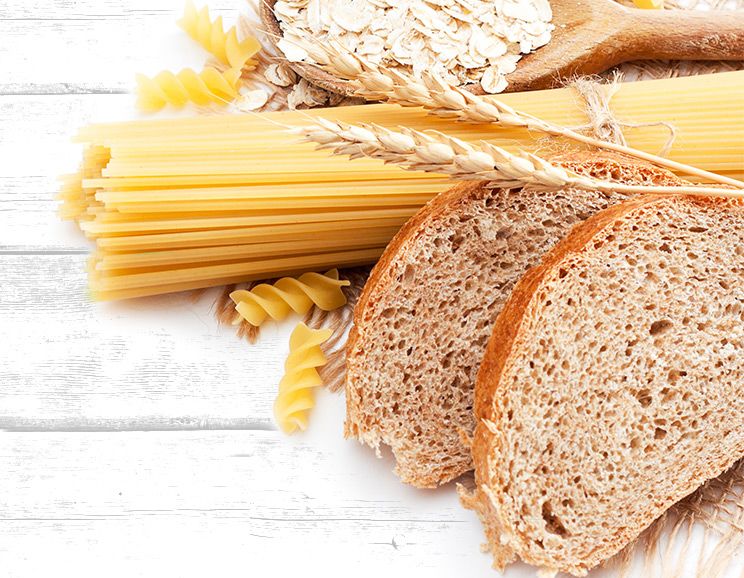
Acellular carbs are not typically found in nature and are made when the natural glucose is ‘pulverized’ out of the cellular matrix. This is the case in flours, cereals, cakes, breads, dried fruit bars and workout gels. (In contrast, a “cellular” carb is one where the glucose is stored inside an intact fibrous cellular structure, such as roots, tubers, veggies, fruits and virtually all whole foods.)
Bad gut bacteria thrive on acellular carbs because the sugars are released much more rapidly in the gut than whole food based cellular carbs. If you suffer from gas, bloating or other digestive issues, consuming acellular carbs will make your symptoms considerably worse. Unfortunately, Paleo-friendly coconut and almond flour are included in this category. Don’t worry, once your digestive engine is back on track, you can indulge on occasion.
Next, Add The Good Stuff
Removing the aggravating factors above is a crucial first step, but now you need to help cool the inflamed mucous membranes of your gut and add supportive foods to rebalance your digestive microflora. Let’s look at the key cleansing aids you should consume during your cleansing period.
1. Demulcent Foods
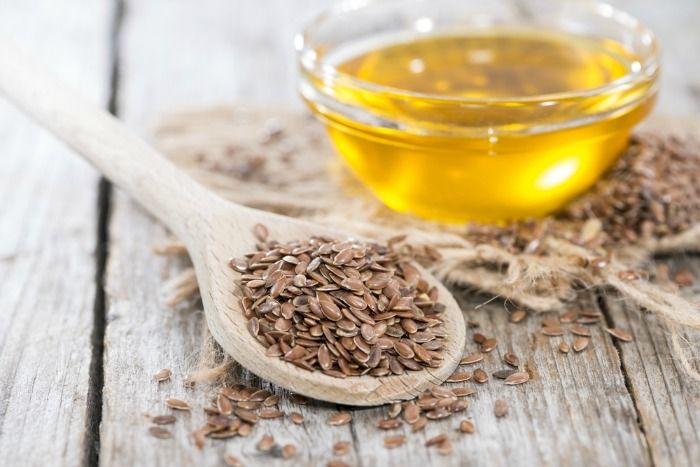
A demulcent is the herbal medicine term for an agent that forms a soothing film over mucous membranes and relieves mild pain and inflammation throughout the bowels. Demulcents also reduce the sensitivity to gastric acids and incidence of digestive muscle spasms.
Great food options that act as demulcents are raw oats, plantains and ground flaxseeds. Add some into your diet at breakfast, lunch or dinner. If you need more support, herbs like marshmallow, slippery elm and licorice are fantastic for cooling an irritated digestive tract. Use 2-3 times daily away from food.
2. Probiotics
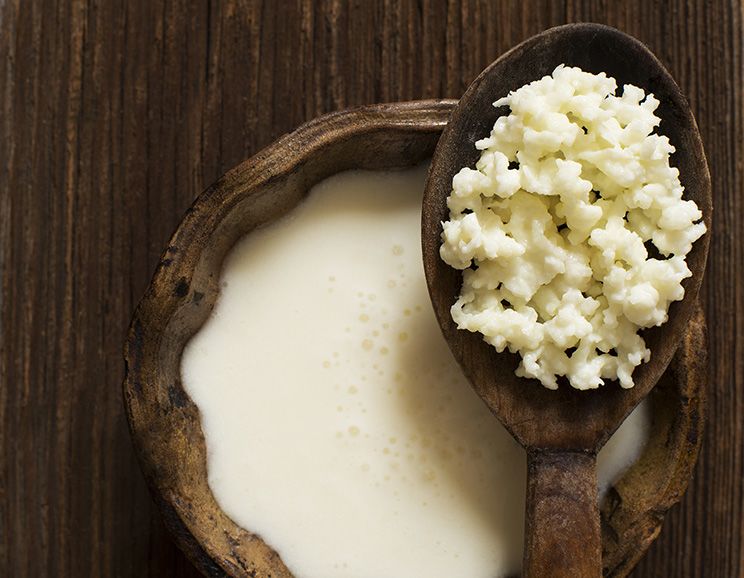
Seventy-five percent of your fecal bulk (e.g. your poop) is bacteria, and if you suffer from GI issues, you definitely need to repopulate your colon and gut with good probiotic bacteria that have a symbiotic relationship with the body, resulting in the production of key vitamins and nutrients that keep you and your gut healthy.
For the purpose of a cleanse, adding a probiotic supplement of at least 100 billion cells per capsule is crucial for targeting the colon. Aim to consume 2-3 capsules daily for 4 weeks for added short-term support and a therapeutic dose of probiotic bacteria.
Be sure to include naturally fermented foods like plain yogurt and kefir, sauerkraut and kimchee, tamari sauce and naturally fermented vinegars to support rebuilding a healthy colon. (Note – if intolerant to dairy, sauerkraut is your best option.)
3. Fiber
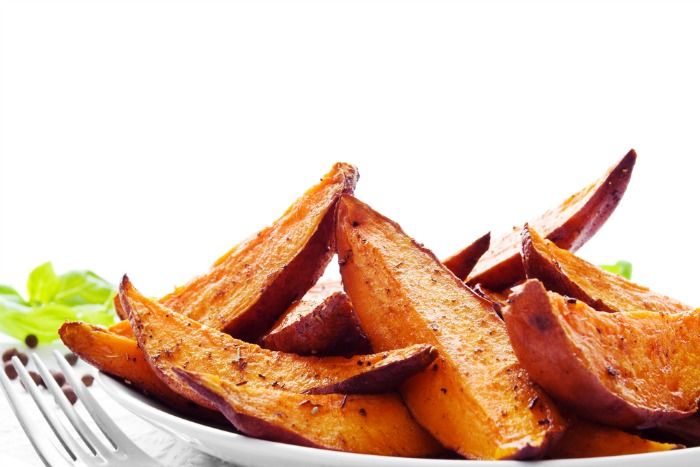
Next, fiber plays a crucial role in a healthy gut. The standard American diet contains only 8-10 g of fiber, a far cry from our Paleolithic ancestors who consumed 40-50 g per day. Including more “cellular” carbohydrates will help you achieve this intake. Root vegetables, tubers, vegetables, leafy greens and modest amounts of fruit will dramatically increase your intake of fiber and support a healthy gut microflora.
4. Exercise

Finally, get moving! Movement is nature’s way of keeping everything in your bowels moving. It also promotes a more oxygenated environment in your gut so that “bad” gut bacteria cannot thrive. Add more walking, running, cycling, lifting, dancing or other activities you enjoy to get your bowels moving and keep your colon happy for the long-term.
Colon cleansing with exotic supplements or invasive procedures is not likely to fix your digestive complaints. What you eat (and what you avoid eating) by far plays the biggest role in keeping your colon happy and healthy. Do the basics well: eliminate sugars, caffeine, alcohol and acellular carbs, then add cooling foods and soothing herbs, along with probiotic support, and you’ll soon find your digestive health and energy levels on the rise.
(Read This Next: 2 Detox Bath Recipes)


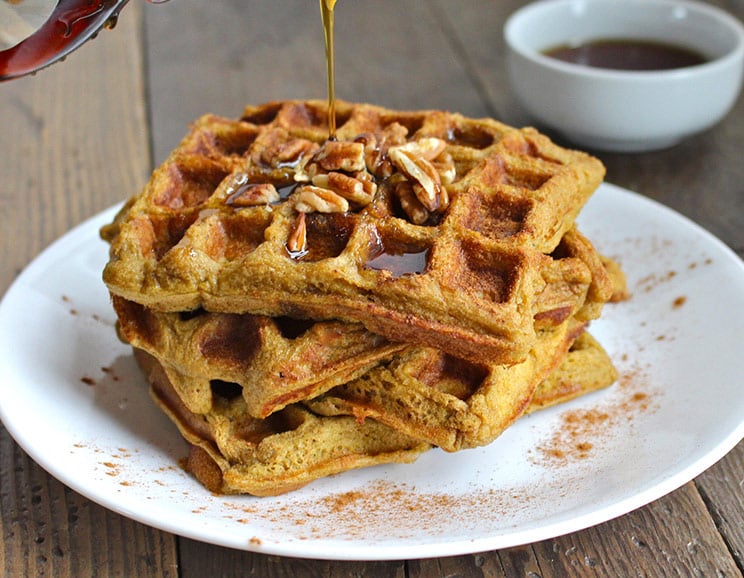 7 Divine Sweet Potato Recipes
7 Divine Sweet Potato Recipes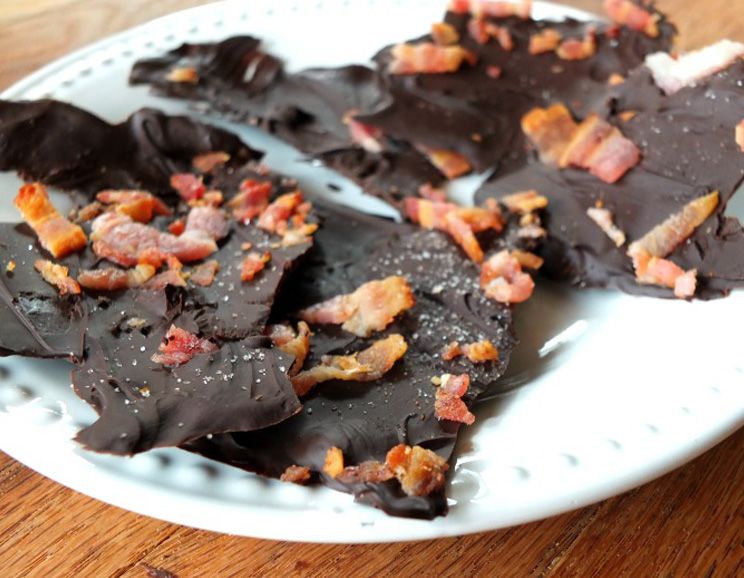
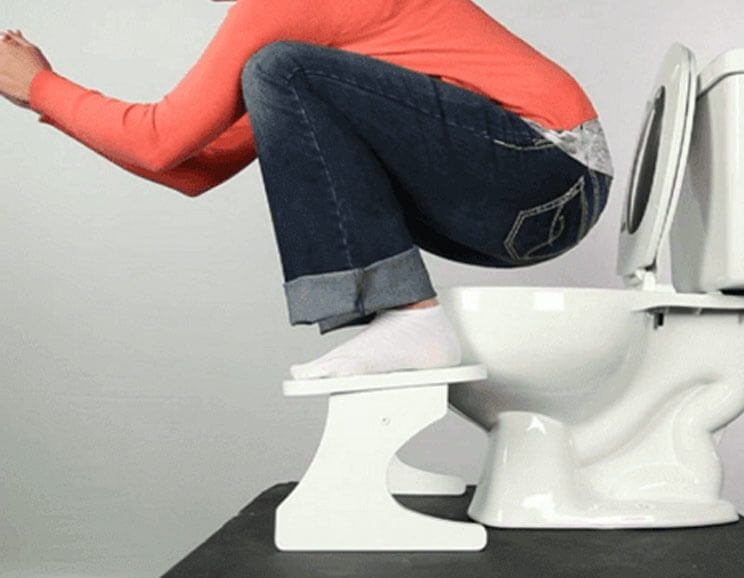
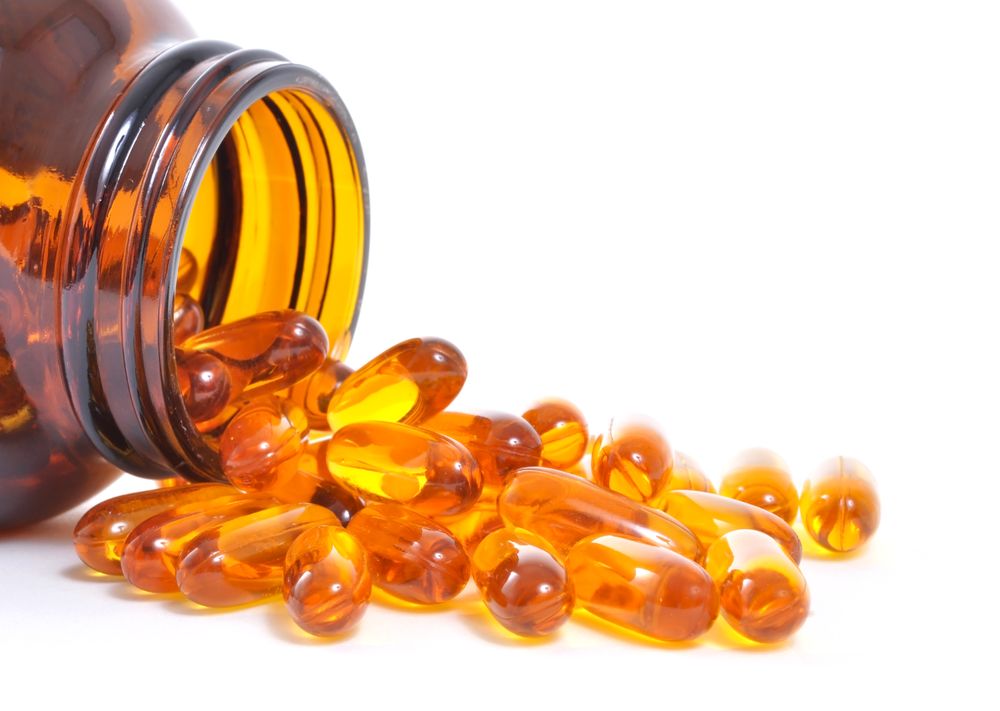

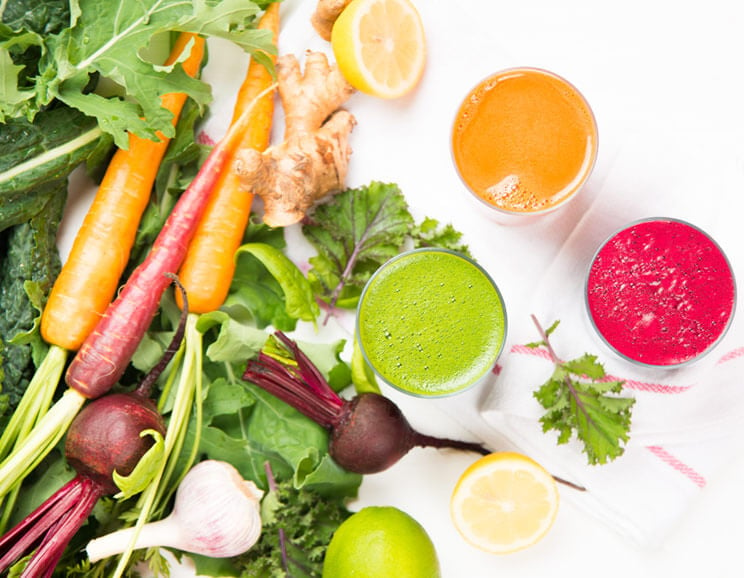
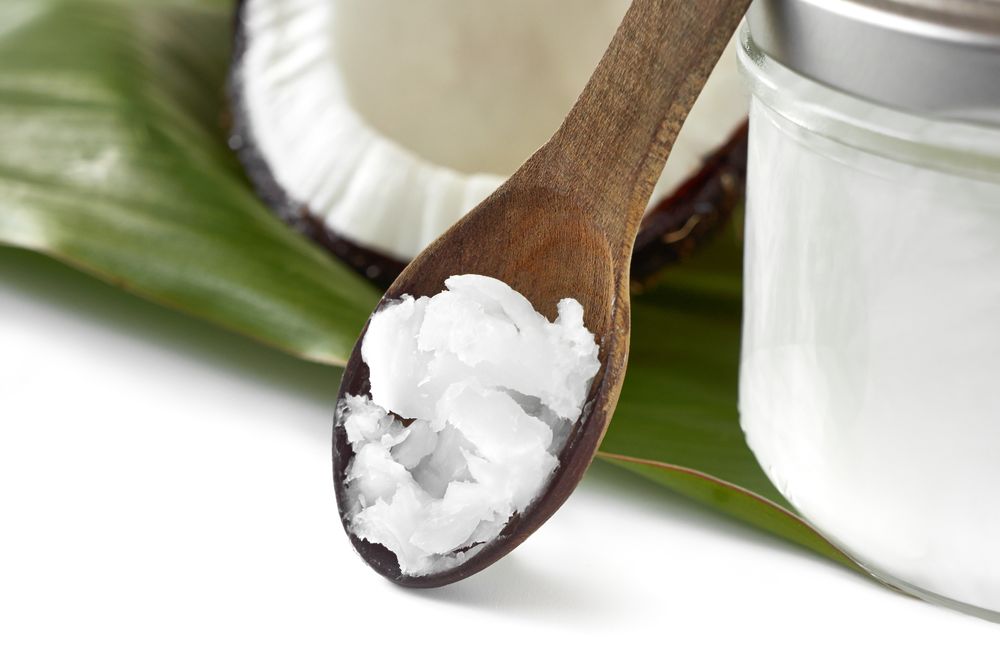
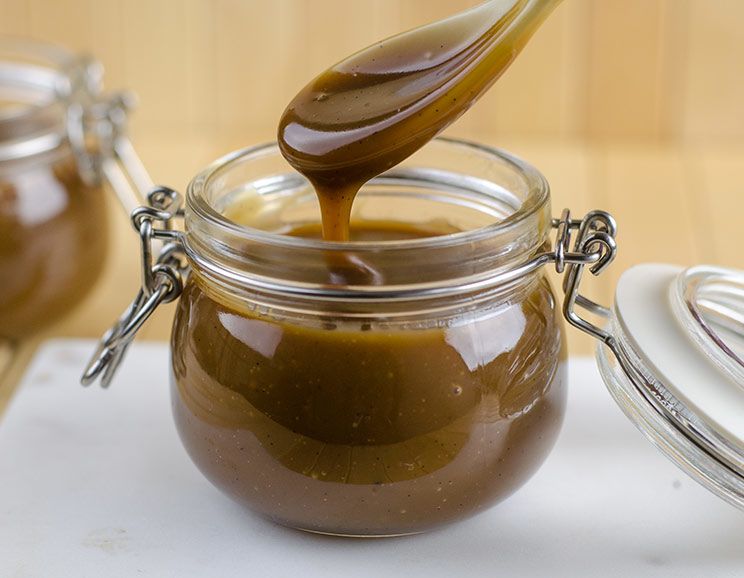

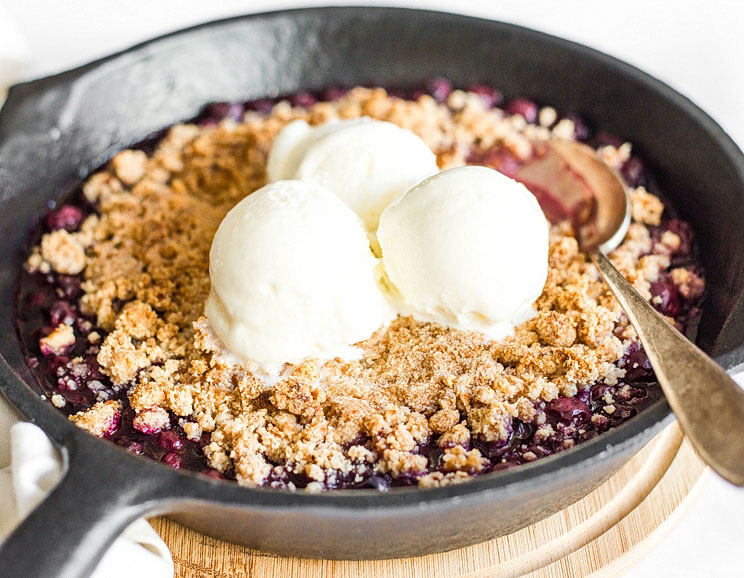
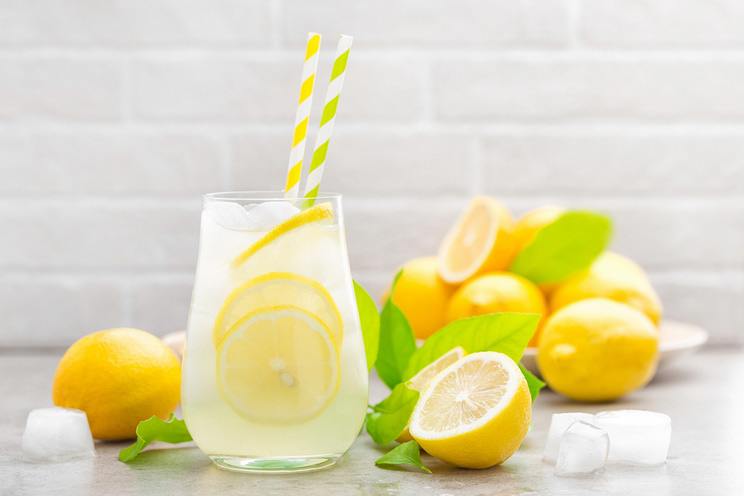
Show Comments